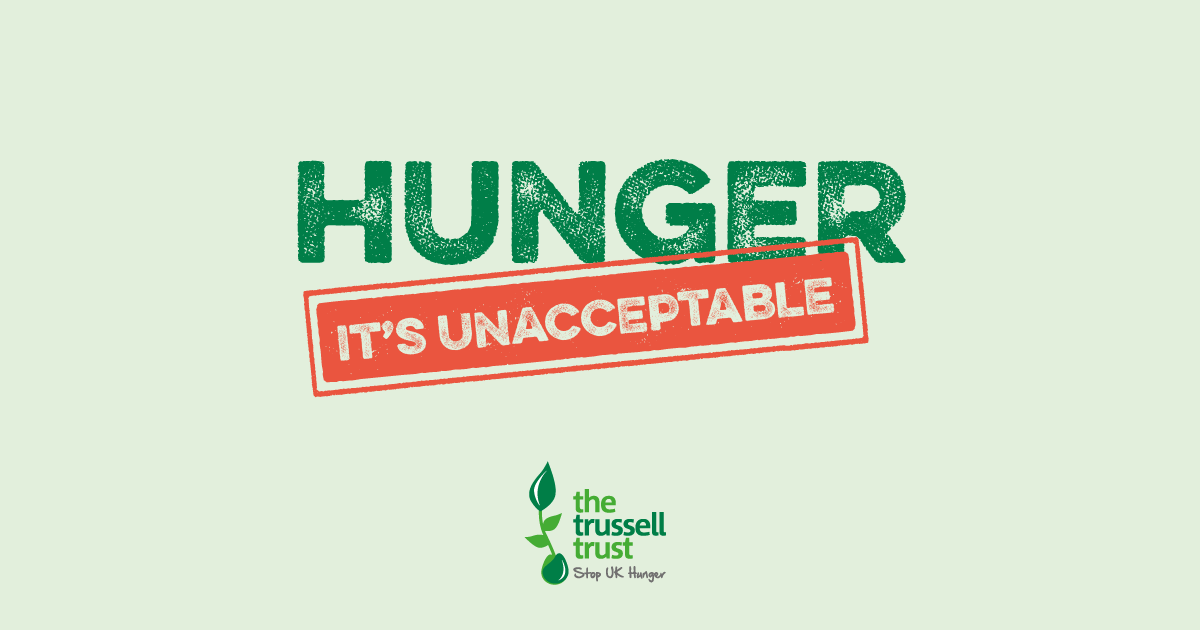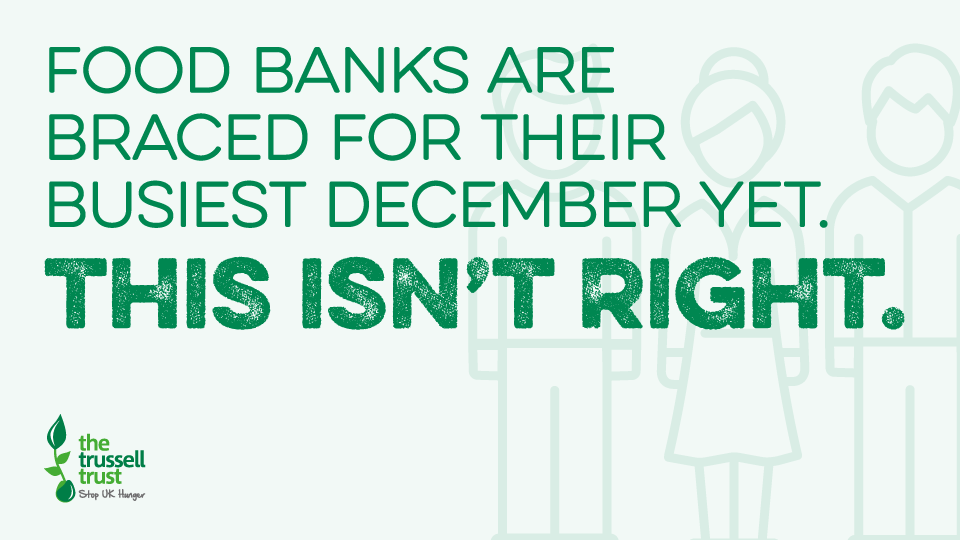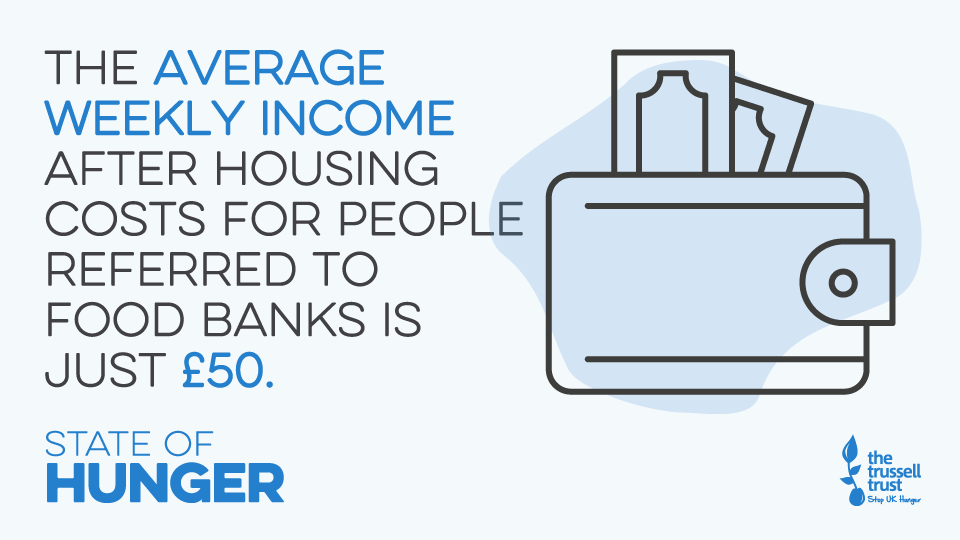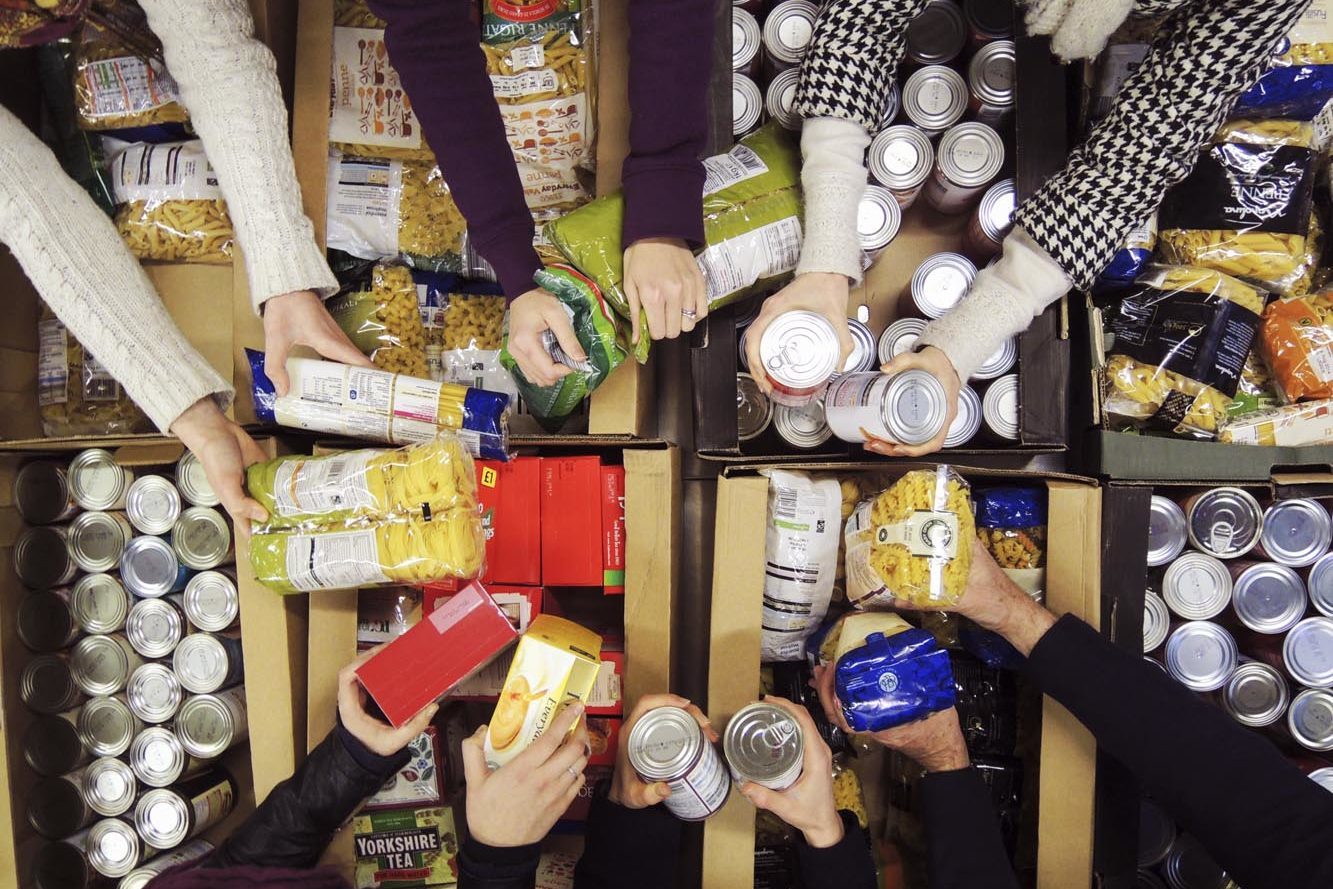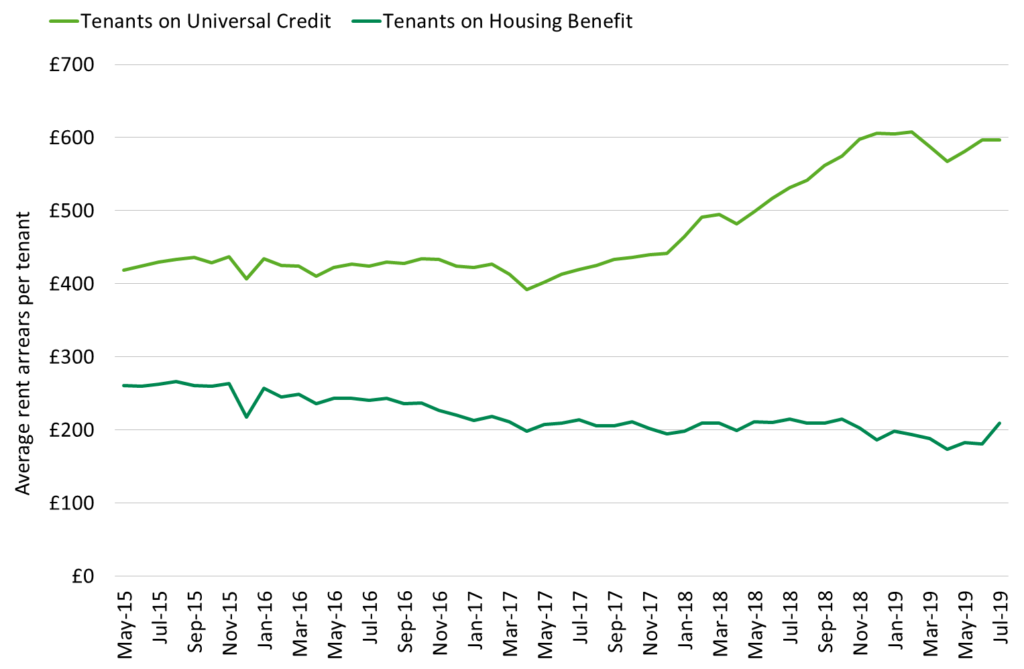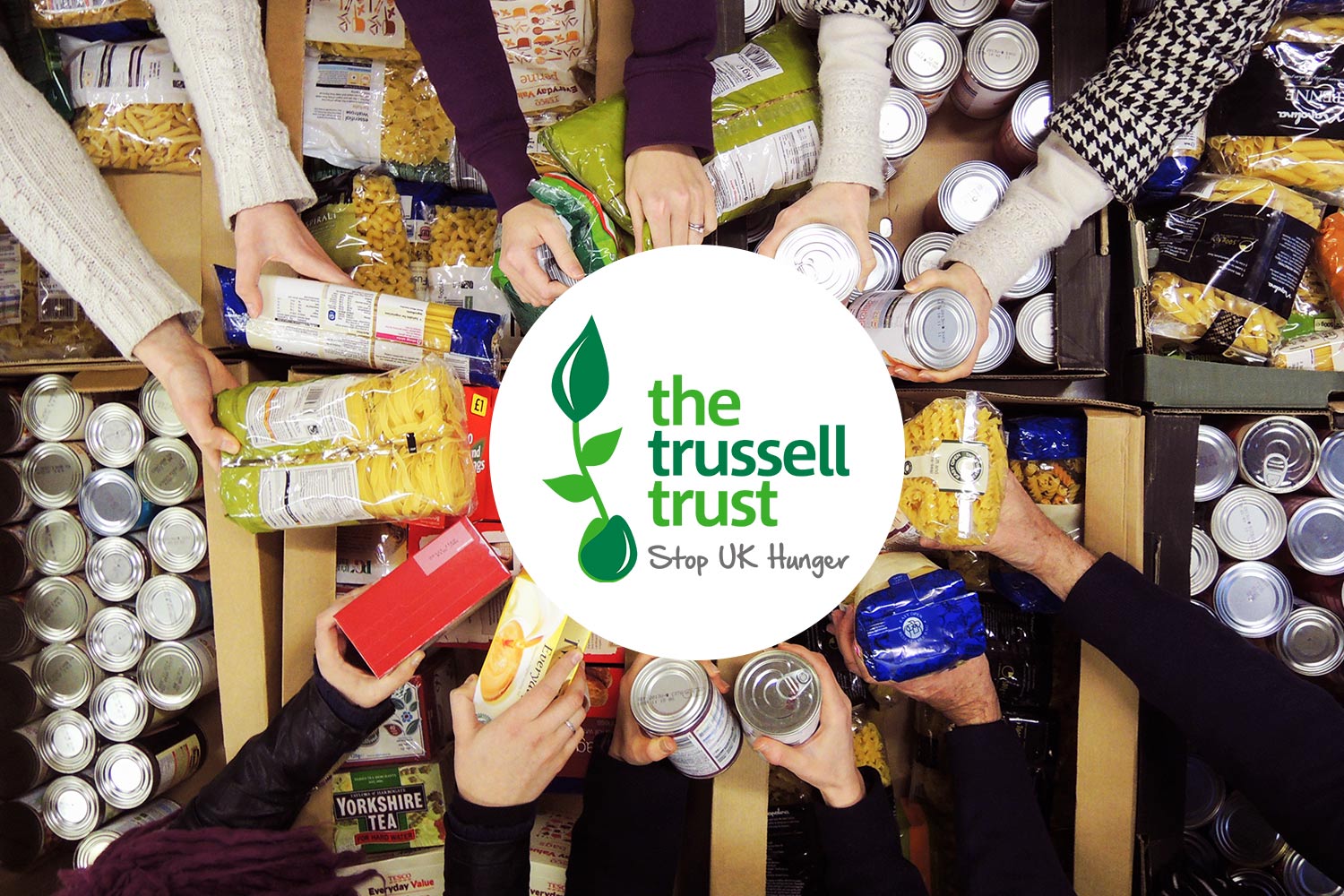During a visit to Salisbury city on Tuesday 3rd December, Boris Johnson was asked if his party’s pledges would decrease the use of food banks. He said:
‘I do (hope it will decrease). We need to be tackling it in every possible way. We want to help people with the cost of living and it’s an absolute crusade for me. When I was running London we did an awful lot to support and help food banks and to help the poorest and needy. I applaud everybody who gets involved with running food banks but clearly it is wrong that people should be dependent on them.
‘That’s why we’re lifting the living wage by the biggest ever amount, up to £10.50 an hour, reducing the age threshold down to 21 year-olds, cutting national insurance for everybody will make a difference. It is imperative in my view that the next government, if I’m lucky enough to be leading it, tackles the cost of living for everybody in this country, that’s what we’re going to do.’
Emma Revie, chief executive of the Trussell Trust, responded:
‘For too many people it’s becoming harder and harder to keep their heads above water – we can’t shy away from the changes that would make the real difference to end the need for food banks. We know issues with the benefits system, like the five week wait for Universal Credit and low payments that aren’t keeping pace with the cost of living, are pushing more people to need food banks than ever before.
‘Of course it’s wrong that anyone needs to use a food bank in the UK. So will all of our party leaders commit to the changes we know need to be made? We need to start putting money back into the pockets of people who most need support, by ending the five week wait for Universal Credit; ensuring benefit payments cover the cost of living; and investing in local emergency support for people in crisis.
‘Boris Johnson says helping people with the cost of living is “an absolute crusade” for him. I’m ready to meet with all party leaders, including Johnson, to talk about the change that’s needed so we can end the need for food banks for good. Our next government must start working towards a future where everyone has enough money for the basics.’
Ends
Contact:
Contact the Trussell Trust Press Office at 020 3137 3699 or [email protected]
Notes to Editor:
Data released recently shows December 2018 was the busiest month for food banks last year. 186,185 three-day emergency food parcels were provided by food banks in the Trussell Trust’s network to people in crisis; 78,536 of these went to children. This is 44% higher than the monthly average for the 2018-19 financial year.
Just weeks ago, the charity published figures for April – Sept 2019, showing that there has already been a 23% increase in the number of food parcels provided compared to the same period in 2018.
About the Trussell Trust:
- The Trussell Trust is an anti-poverty charity that supports a network of more than 1,200 food bank centres across the UK.
- It takes more than food to end hunger. The Trussell Trust therefore does three things: supports its network to provide emergency food to people referred; helps food banks to provide on-site additional help or signpost people to relevant local charities to resolve the cause of referral; and brings together the experiences of hundreds of communities on the front line to challenge the structural issues that lock people in poverty, and campaign for long-term change so we can see a future without the need for food banks.
- Read more at trusselltrust.org
